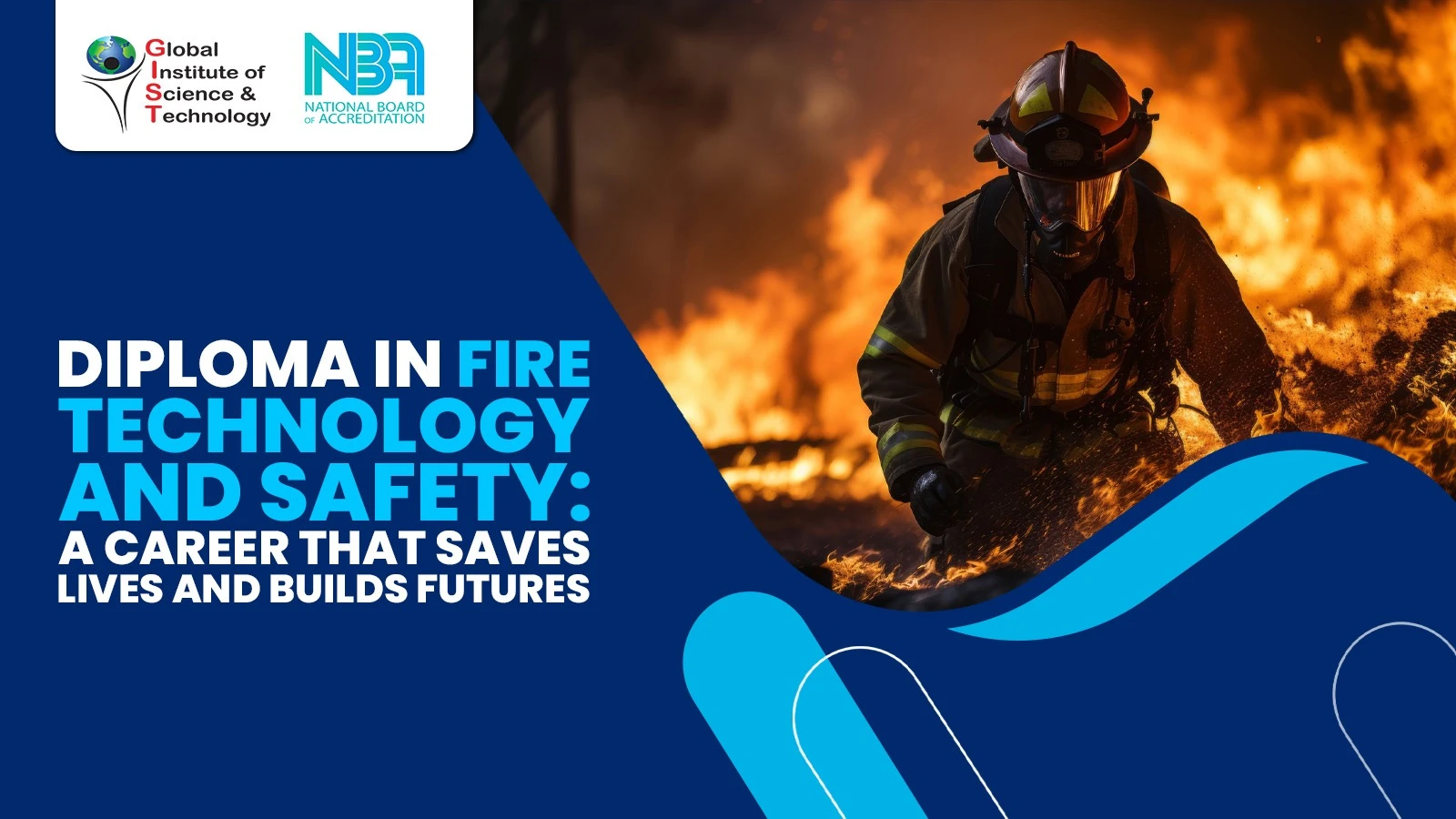
- 25 Oct
- 2025
Diploma in Fire Technology and Safety: A Career that Saves Lives and Builds Futures
Introduction: The Rising Importance of Fire and Safety Education
Fire and safety have emerged as one of the most critical aspects of modern civilization. As industries expand, cities grow, and infrastructures evolve, the risk of accidents, fires, and disasters naturally increases. In such a world, trained fire and safety professionals are the unsung heroes who ensure that every system, structure, and workplace remains secure. The Diploma in Fire Technology and Safety is a specialized academic path designed to nurture these professionals—individuals who dedicate their careers to protecting lives, minimizing risks, and promoting safety awareness across all sectors of society.
At Global Institute of Science & Technology (GIST), Haldia, this diploma program goes far beyond theoretical learning. It integrates advanced training, industry exposure, and real-world problem-solving to prepare students for one of the most responsible and respected professions in the world. The curriculum focuses not only on the science of fire but also on the broader principles of industrial safety, environmental protection, and emergency response, making it a comprehensive program that builds knowledge, confidence, and compassion in equal measure.
About Global Institute of Science & Technology (GIST), Haldia
Located in the industrial hub of Haldia, West Bengal, Global Institute of Science & Technology (GIST) has established itself as a center of excellence in technical education. Since its inception, the institute has aimed to bridge the gap between academic learning and industry requirements. It offers a wide range of diploma and degree programs in engineering and applied sciences, nurturing a generation of skilled professionals capable of meeting modern industry standards.
The Diploma in Fire Technology and Safety offered by GIST exemplifies the institute’s commitment to creating professionals who contribute meaningfully to society. The campus provides state-of-the-art infrastructure, including well-equipped laboratories, advanced safety training setups, and simulation environments that replicate real-world scenarios. The faculty comprises experienced educators and industry practitioners who guide students through the technical, managerial, and ethical dimensions of fire and safety management.
GIST believes that education should not only empower students with knowledge but also with a sense of duty toward the community. This philosophy is deeply embedded in the fire and safety program, where students are trained to see themselves as protectors, leaders, and innovators in the field of industrial safety.
Understanding the Diploma in Fire Technology and Safety
The Diploma in Fire Technology and Safety, often abbreviated as DFT&S, is a specialized technical program that equips students with the expertise required to prevent, manage, and mitigate fire and industrial hazards. The course introduces students to the science of fire, its causes, behavior, and control mechanisms. It also focuses on safety legislation, occupational health, environmental protection, and disaster management, ensuring that graduates possess a holistic understanding of safety operations.
At GIST, the program is carefully designed to combine academic rigor with experiential learning. The duration of the course typically spans three years, during which students progress from foundational concepts to advanced applications. They gain knowledge of fire detection systems, firefighting equipment, safety audits, risk assessment, and the design of safety protocols for industrial environments. Alongside technical learning, students are encouraged to develop analytical thinking, teamwork, communication, and decision-making skills that are essential for working under pressure during emergencies.
This diploma is not just a qualification but a lifelong responsibility. Graduates become professionals who stand at the frontline during crises, ensuring that every emergency is handled with skill, precision, and courage.
The Structure and Learning Experience at GIST
The Diploma in Fire Technology and Safety at GIST follows a progressive academic structure that ensures a deep and practical understanding of fire science and safety management. The first year focuses on the fundamentals of engineering, basic physics and chemistry of fire, and an introduction to safety concepts. The second year emphasizes applied learning, where students explore fire detection and alarm systems, firefighting technologies, and safety legislation. The final year integrates industrial exposure, disaster management, and project-based learning, culminating in real-world problem-solving exercises.
Throughout the course, students undergo practical sessions in laboratories equipped with modern safety equipment, fire extinguishers, breathing apparatus, sprinkler systems, and simulation tools. GIST also organizes industrial visits, workshops, and seminars in collaboration with local industries, enabling students to witness how safety protocols function in high-risk environments like refineries, power plants, and chemical factories. This exposure not only enriches their understanding but also builds confidence to handle emergencies effectively.
Why GIST is the Ideal Choice for Fire and Safety Education
Choosing the right institution is critical when pursuing a career as specialized as fire and safety. Global Institute of Science & Technology, Haldia stands out for its commitment to practical education, industry relevance, and ethical training. The institute maintains close ties with industries, allowing students to participate in live training sessions and industrial internships that strengthen their job readiness.
GIST’s faculty brings a blend of academic expertise and professional experience, ensuring that students understand both theoretical principles and practical applications. The campus environment promotes teamwork, discipline, and leadership—qualities that are indispensable in emergency situations. Moreover, the institute places a strong emphasis on holistic education by encouraging participation in safety awareness drives, community programs, and environmental initiatives.
By combining modern facilities with a student-centered approach, GIST creates an ideal environment for developing the next generation of safety professionals who are not only technically sound but also socially responsible.
Learning Outcomes and Skills Developed
The Diploma in Fire Technology and Safety at GIST is structured to produce graduates who are capable of analyzing, preventing, and managing risks in any industrial setup. Students gain an in-depth understanding of fire behavior, the operation of firefighting equipment, and the design of safety systems. They also learn how to conduct safety audits, perform risk assessments, and implement preventive strategies in workplaces.
In addition to technical expertise, the program enhances leadership and communication skills. Students learn how to coordinate with teams during emergencies, guide evacuation procedures, and communicate effectively under pressure. They are also trained in regulatory compliance, preparing them to work in environments governed by national and international safety laws.
By the end of the course, graduates of GIST emerge as confident professionals ready to take up roles as fire officers, safety inspectors, risk assessors, or consultants across diverse industries.
Industrial Applications and Career Opportunities
The knowledge and skills gained through the Diploma in Fire Technology and Safety are applicable across multiple sectors. Industries such as petrochemicals, oil and gas, power generation, construction, transportation, and manufacturing all require trained professionals who can ensure safety and prevent loss. Fire and safety professionals from GIST find employment in both private and public organizations where they are responsible for designing safety systems, training employees, monitoring compliance, and responding to emergencies.
In addition to traditional sectors, opportunities are growing in areas such as environmental health and safety auditing, corporate risk management, and disaster response consultancy. Many graduates also choose to pursue higher studies or specialized certifications to advance their careers internationally. The demand for certified fire and safety professionals is rising not only in India but also abroad, particularly in regions with large-scale industrial operations such as the Middle East and Southeast Asia.
Global Standards and Environmental Relevance
The fire and safety industry operates under global standards that ensure uniformity and reliability in safety procedures. GIST’s curriculum aligns with international frameworks such as the National Fire Protection Association (NFPA) and Occupational Safety and Health Administration (OSHA) guidelines, preparing students to work in global environments.
The program also emphasizes environmental safety. Students learn to assess environmental hazards, manage chemical waste, and develop systems that minimize ecological impact during industrial operations. By integrating sustainability into safety education, GIST ensures that graduates not only protect human life but also safeguard the environment—a crucial responsibility in today’s world.
The Social Impact of Fire and Safety Professionals
Every fire and safety professional plays a pivotal role in building a safer society. The contribution of such individuals extends far beyond industrial sites; they are often involved in public safety campaigns, community training, and emergency preparedness programs. GIST instills in its students a strong sense of social duty, motivating them to serve as advocates of safety and awareness within their communities.
Through various outreach programs, students participate in drills, workshops, and awareness drives that educate people about fire prevention, first aid, and evacuation planning. These activities not only strengthen their practical skills but also nurture empathy and leadership—qualities that make them valuable both professionally and socially.
From Classroom to Career: The Journey Ahead
Completing the Diploma in Fire Technology and Safety at GIST marks the beginning of a fulfilling career. The institute’s dedicated placement cell provides guidance, training, and connections to leading industries and government departments. Students receive mentorship on resume building, interview preparation, and professional ethics, ensuring a smooth transition from classroom learning to workplace excellence.
Many graduates from GIST have gone on to secure reputable positions as safety engineers, fire officers, and consultants in top companies across India and abroad. The success of its alumni stands as a testament to the institute’s educational quality and commitment to student development.
Conclusion: Building a Safer Future through Knowledge and Commitment
The Diploma in Fire Technology and Safety at Global Institute of Science & Technology, Haldia is more than a technical program—it is a commitment to life, safety, and progress. In a time when the world is becoming increasingly dependent on industrial and technological infrastructure, the need for trained fire and safety professionals continues to grow. These professionals form the backbone of modern safety systems, ensuring that progress does not come at the cost of human lives or environmental harm.
By choosing GIST, students embark on a journey of purpose and professionalism. They gain not only the knowledge required to excel in their careers but also the values needed to make a difference in the world. The institute’s holistic approach to education, coupled with its strong industry connections and emphasis on ethics, makes it the ideal destination for aspiring safety professionals.
A career in fire and safety is not just about responding to emergencies—it is about preventing them, protecting people, and ensuring that every day, someone returns home safely because a well-trained professional made the right decision at the right time.




.webp)
.webp)




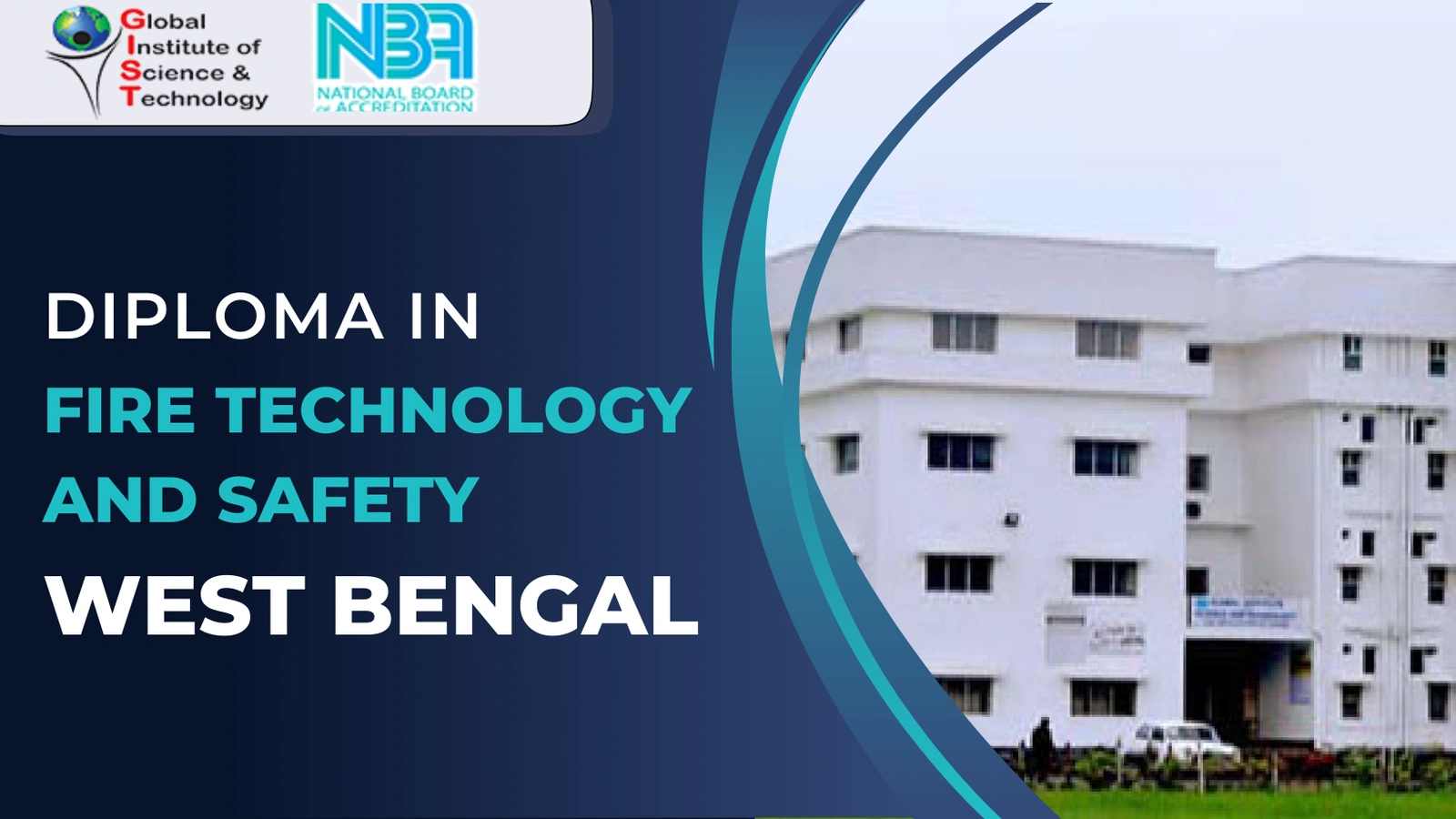
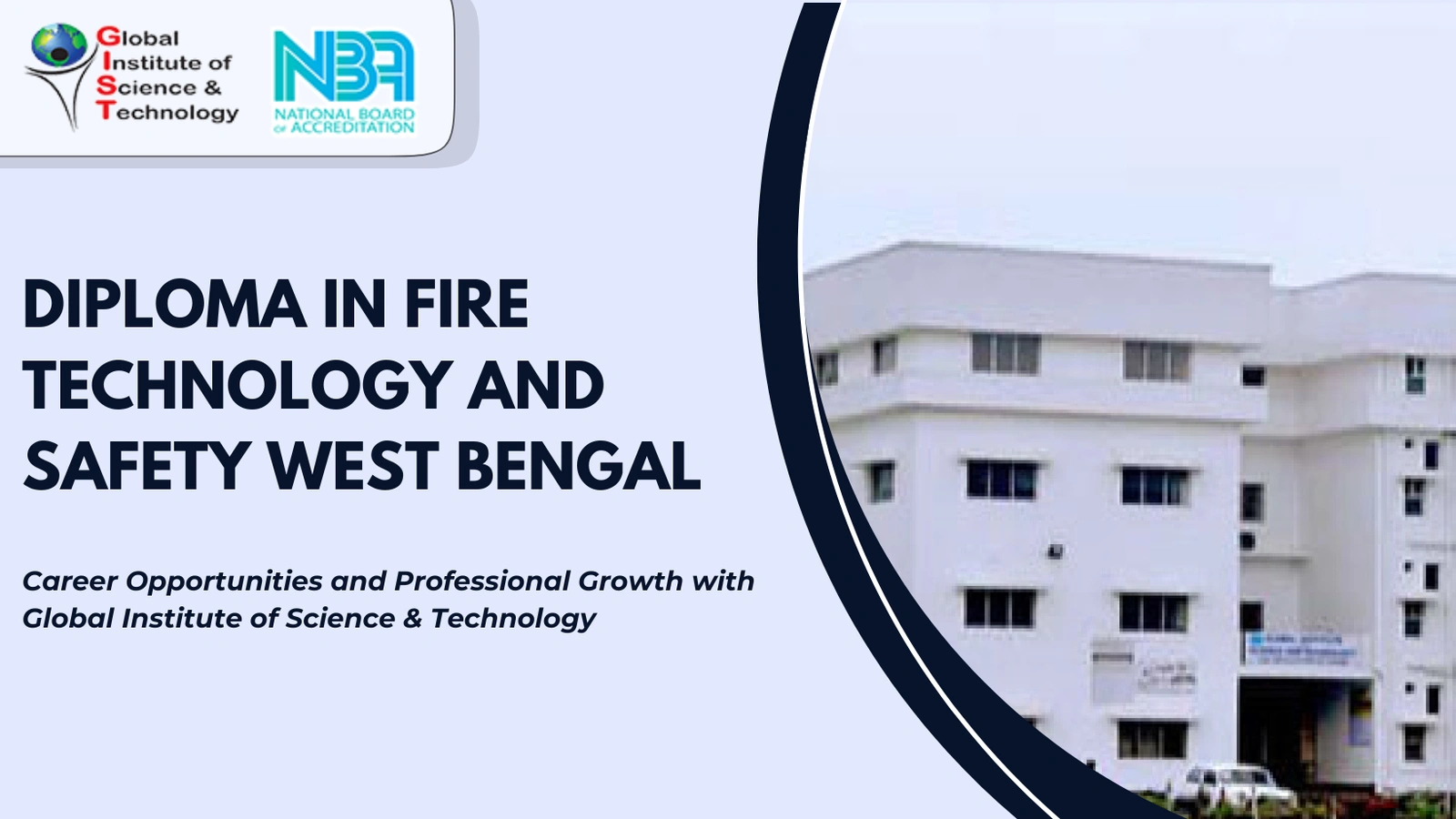


.webp)

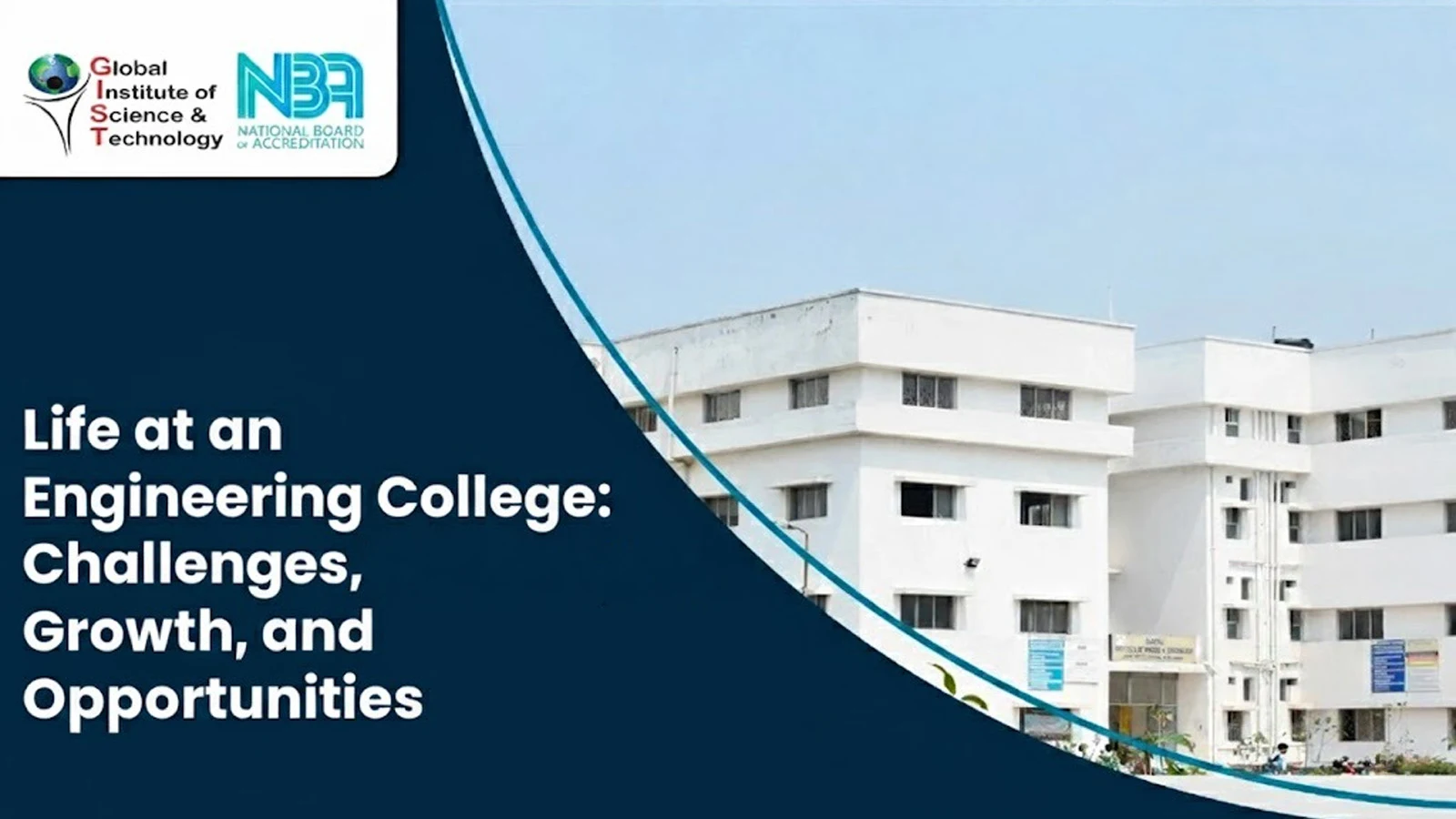

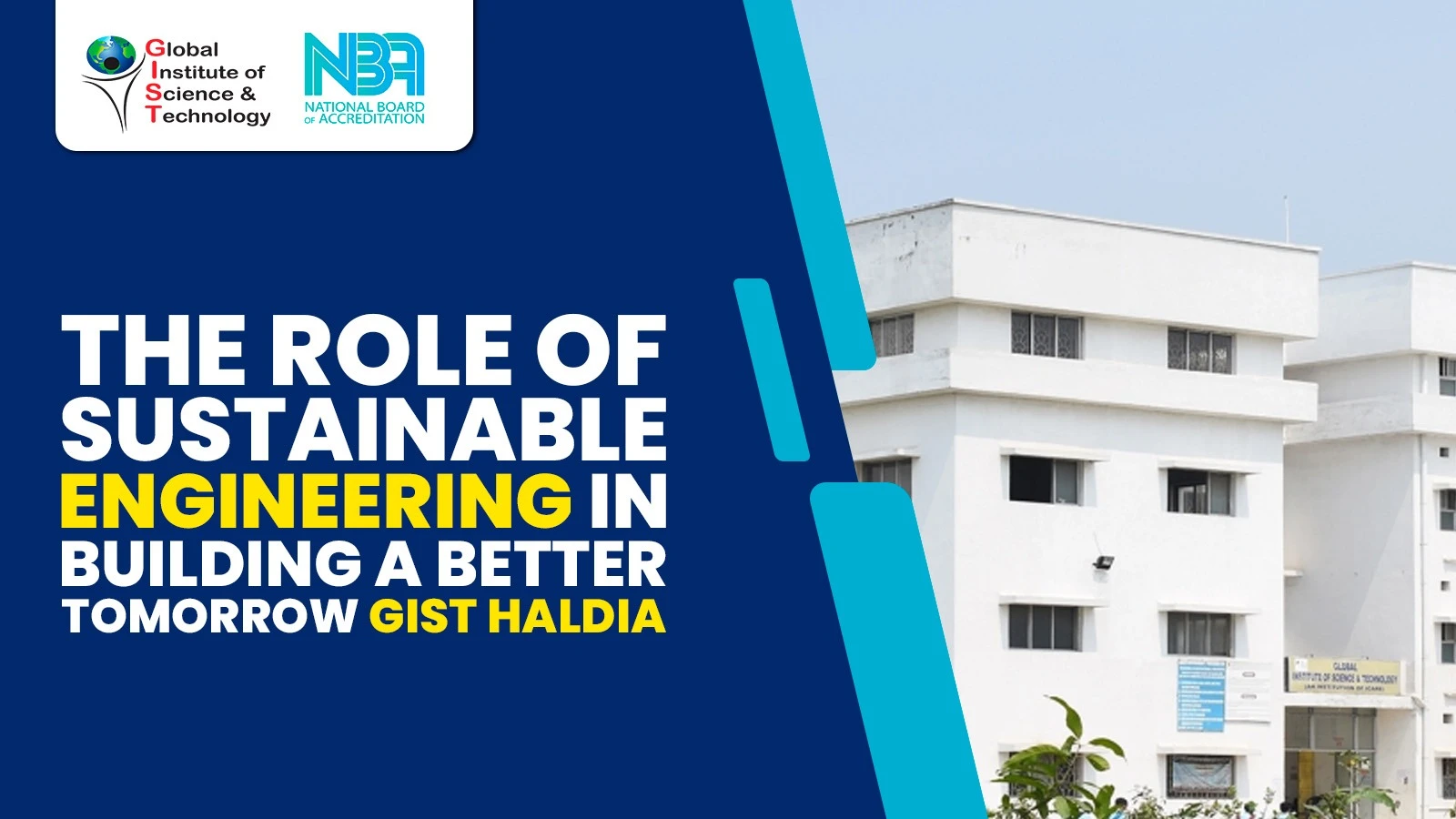
.webp)
.webp)



.webp)

.webp)



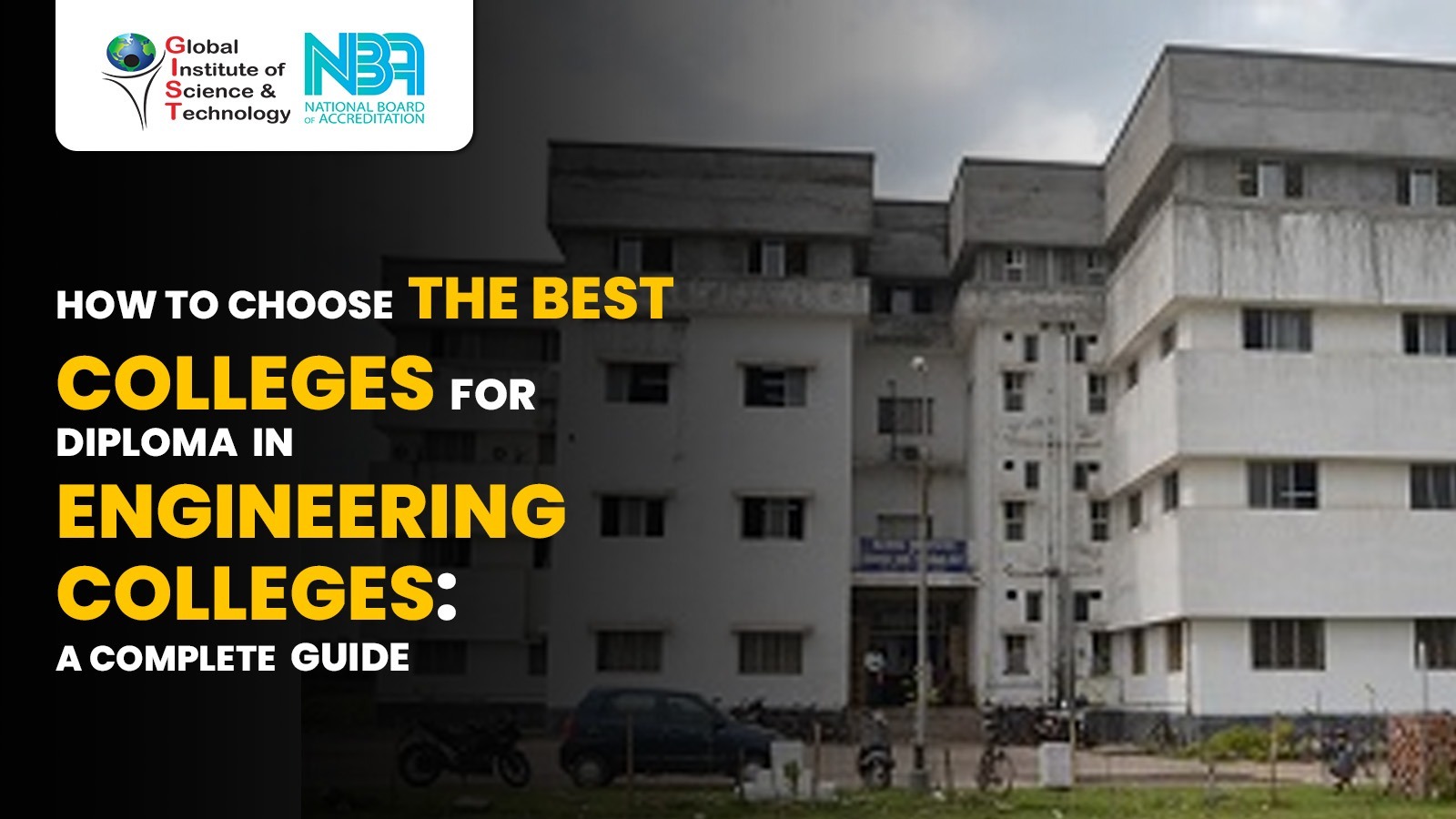



.webp)

























.jpg)


.jpg)
.jpg)
.jpg)



.jpg)
.jpg)
.jpg)



.jpg)



.jpg)



.jpg)
.jpg)











.png)






.png)








.png)

.png)



